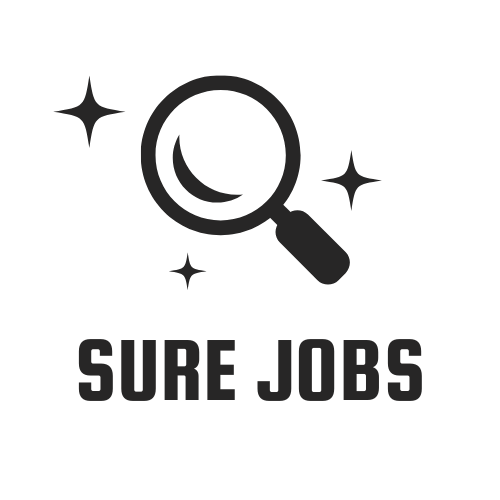Are you a motivated software developer looking to kickstart your career in one of the most dynamic and rewarding industries in the world? Are you passionate about coding, problem-solving, and building next-generation applications that make a real difference? If so, this is your chance to become part of a thriving tech ecosystem.
Employers across the United States are actively hiring entry-level software developers to join innovative teams and contribute to high-impact projects. Whether you’re a recent graduate or someone transitioning into tech, these roles offer a fantastic opportunity to build your technical skills, gain industry experience, and grow professionally.
About the Role: Software Development for the Modern Era
Technology is evolving rapidly, and companies need agile, curious, and creative minds to help build robust digital products. As an entry-level software developer, you will be an integral part of the software engineering lifecycle—from writing code and debugging errors to collaborating with cross-functional teams and deploying scalable applications.
This role provides real-world experience with modern tech stacks and tools while giving you access to mentorship, on-the-job training, and career development support.
Key Responsibilities of an Entry-Level Software Developer
While responsibilities may vary slightly by company or industry (e.g., fintech, healthcare tech, e-commerce, etc.), most roles will involve the following core duties:
1. Writing Code
-
Write clean, maintainable, and well-documented code using programming languages such as Java, Python, JavaScript, C++, or C#.
-
Follow industry-standard coding practices and version control (e.g., Git).
2. Application Development
-
Assist in the design and development of desktop, web, or mobile applications.
-
Participate in the development of APIs and backend services.
3. Testing and Debugging
-
Perform unit testing, integration testing, and debugging to ensure that code runs correctly and efficiently.
-
Identify bugs, troubleshoot errors, and provide timely fixes.
4. Team Collaboration
-
Work closely with product managers, UI/UX designers, QA testers, and senior developers to align project goals and deliver high-quality solutions.
-
Participate in daily stand-ups, sprint planning, and code reviews in Agile/Scrum environments.
5. System Optimization
-
Assist in optimizing application performance by improving code efficiency and reducing latency.
-
Help monitor app performance using analytics and diagnostic tools.
6. Documentation and Reporting
-
Write technical documentation for new and existing applications.
-
Maintain logs of changes, updates, and development milestones for internal teams and stakeholders.
7. End-User Support
-
Occasionally engage with clients or end-users to gather requirements or provide technical support.
-
Interpret user feedback and help integrate improvements into software updates.
Who Should Apply: Ideal Candidate Profile
This role is ideal for aspiring software developers who are eager to learn, grow, and contribute in a team-based environment. You don’t need years of experience—just the right mix of technical knowledge, soft skills, and enthusiasm.
Minimum Requirements:
-
Bachelor’s degree in Computer Science, Software Engineering, Information Technology, or a related field.
-
Strong grasp of object-oriented programming concepts and basic software engineering principles.
-
Proficiency in at least one programming language such as Python, Java, JavaScript, Ruby, or C#.
-
Familiarity with front-end frameworks like React, Angular, or Vue.js and/or back-end technologies such as Node.js, Django, or Spring Boot.
-
Understanding of database systems (SQL and NoSQL) and how they integrate with applications.
Preferred but Not Mandatory:
-
Internship or project experience in a development role.
-
Knowledge of version control systems like Git or GitHub.
-
Exposure to DevOps tools (e.g., Docker, Jenkins) or cloud platforms like AWS, Azure, or Google Cloud.
-
Experience working on open-source projects or personal coding portfolios.
Essential Soft Skills for Success
In addition to technical ability, software developers are expected to possess certain soft skills that help them work effectively in a collaborative setting:
-
Problem-solving mindset – Ability to think critically and come up with logical solutions.
-
Communication skills – Clearly convey ideas and listen to feedback from team members and clients.
-
Time management – Meet deadlines and juggle multiple tasks in a fast-paced environment.
-
Teamwork and collaboration – Thrive in a cross-functional team setting.
-
Adaptability – Willingness to learn new technologies and adjust to changing project requirements.
Why Start Your Tech Career in the USA?
The United States continues to be a global hub for innovation and technology, offering a wealth of opportunities for skilled developers. As one of the most mature and diverse tech markets in the world, the U.S. is home to companies ranging from startups to Fortune 500 enterprises that need fresh talent to build scalable, secure, and user-friendly digital solutions.
With a culture of innovation and a strong emphasis on professional growth, starting your software development career in the U.S. sets you on a path to long-term success.
Top Industries Hiring Entry-Level Developers
Entry-level software developers are in demand across many industries, including:
-
Technology and SaaS (Software as a Service)
-
Healthcare and MedTech
-
E-commerce and Retail
-
Finance and FinTech
-
Education Technology (EdTech)
-
Media and Entertainment
-
Government and Public Services
Whether you’re passionate about improving healthcare systems, building immersive apps, or enhancing digital banking experiences, there’s a place for your skills.
Benefits of Working as a Software Developer in the USA
When you join a reputable employer in the tech space, you gain access to industry-leading perks and long-term growth opportunities. Here’s what you can typically expect:
1. Competitive Compensation
-
Market-aligned base salaries with room for annual increases.
-
Performance bonuses, profit-sharing, and stock options (depending on company).
2. Health and Wellness
-
Comprehensive healthcare packages, including medical, dental, and vision coverage.
-
Access to mental health support and employee wellness programs.
3. Flexibility
-
Remote work or hybrid work opportunities based on company policy.
-
Flexible hours to support work-life balance.
4. Career Advancement
-
Opportunities for promotion, internal mobility, or leadership tracks.
-
Access to learning portals, certification programs, tech conferences, and mentorship.
5. Inclusive Workplace Culture
-
A diverse and inclusive environment where all voices are heard.
-
Company-sponsored events, team-building activities, hackathons, and innovation challenges.
6. Additional Perks
-
Paid time off (PTO), sick leave, and parental leave
-
Tuition reimbursement or education sponsorship
-
Retirement plans like 401(k) with employer contributions
Work Environment & Tools You’ll Use
As an entry-level developer, you’ll be introduced to industry tools and platforms, such as:
-
IDEs and code editors (e.g., Visual Studio Code, IntelliJ, Eclipse)
-
Version control (e.g., Git, Bitbucket)
-
Task and project management (e.g., Jira, Trello, Slack)
-
Continuous integration/continuous deployment (CI/CD) tools
-
Agile/Scrum methodologies and software development life cycles (SDLC)
You’ll be working in a collaborative team setting, often following Agile or DevOps frameworks to deliver high-quality software on time.
How to Apply for Entry-Level Software Developer Jobs
Step 1: Prepare Your Resume
Ensure your resume highlights relevant coursework, projects, internships, and any certifications or tech bootcamp experience. Be sure to include:
-
Key programming languages and technologies
-
Links to GitHub, personal websites, or coding portfolios
-
Academic or personal projects demonstrating your problem-solving skills
Step 2: Submit Your Application
Apply through the company’s official careers page or job boards such as:
-
LinkedIn Jobs
-
Indeed
-
Glassdoor
-
Stack Overflow Jobs
-
AngelList (for startup roles)
Make sure to tailor your cover letter and application to the specific role and employer.
Step 3: Interview and Assessment
Prepare for:
-
Technical screening (e.g., coding tests via HackerRank, Codility, etc.)
-
Behavioral interviews to assess teamwork, communication, and motivation
-
Technical interviews involving problem-solving, algorithms, or system design
Step 4: Accept Your Offer and Start Your Journey
Once selected, you’ll go through onboarding and start building your future in tech!
Take the First Step Today
The demand for software developers continues to grow, and entry-level roles are your gateway to a dynamic and rewarding career. If you’re ready to turn your coding passion into a profession, this is your chance to join a talented, innovative workforce that is shaping the digital world.

